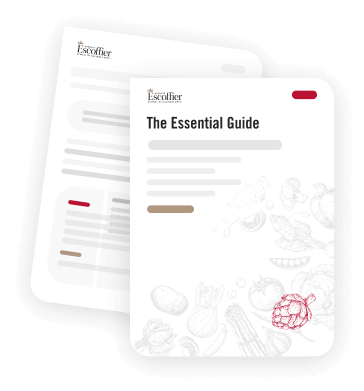KLM Flight From New York To Amsterdam Fueled By Cooking Oil

Good news: The frying oil used by international culinary schools may soon be put to use after it’s done creating culinary masterpieces. KLM Airlines recently launched its first transatlantic flight partially fueled by leftover grease. According to the New York Post, the eco-friendly Boeing 777 runs on a mix of 75 percent jet fuel and 25 percent cooking oil. Although oil only makes up one-quarter of the mix at this time, the initiative marks a huge advancement in sustainability and alternative fuels.
“It’s indistinguishable on a molecular level from regular kerosene jet fuel,” Rick Shouten, captain of the plane, told the source. “For the pilots, it was totally transparent. It’s as if you’re flying a normal aircraft.”
For those aspiring cooks who are also environmentalists, the idea that their culinary academy experience can better the world is an added bonus for learning to cook. The current shipment of oil came from a refinery plant near Baton Rouge, Louisiana, after being used to cook catfish, cracklins, crawfish and other Cajun delicacies.
The Associated Press reported that KLM Airlines will test the concept on 24 round-trip flights for the next six months. KLM executives noted that using cooking oil in the mix can reduce carbon emissions by up to 80 percent.
